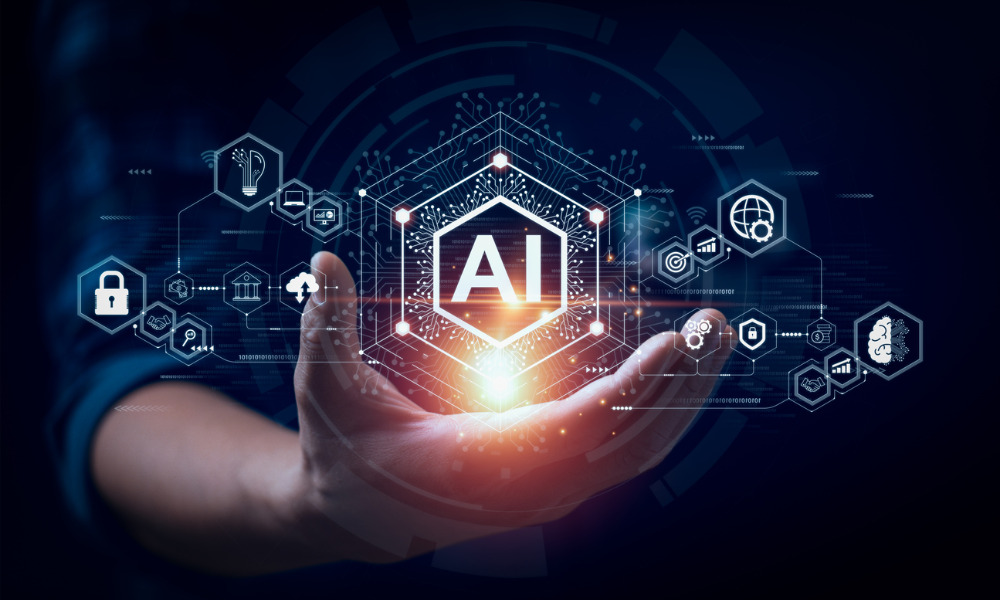
Half of employers using AI unsure of impact, and few believe it can positively transform workplaces, finds report

Despite all the talk about generative artificial intelligence and AI in general, most employers are not rushing to adopt the technology, according to a recent report. Two in three (67%) companies in five countries have not yet incorporated AI into the workplace, reports consulting firm Peninsula.
In Canada, 30% of employers cite security risk as their number one concern.
“While many can see the benefits of AI, there are still significant concerns around security, productivity, and margin of error that need to be addressed before we will see widespread implementation across global businesses,” said Raj Singh, CEO at Peninsula Canada. “With online security and data protection being a top priority for most employers, this is not a big surprise.”
Recently, Trend Micro reported a 27% year-over-year increase in the number of cybercriminal activities it blocked in the first half of this year. And one thing that’s fueling the increase in cyber attacks is companies’ adoption of AI, according to the report.
Among employers that have incorporated AI into the business, the majority are using it for administrative tasks (40%) or creative writing (35%), according to Peninsula’s survey of 79,000 businesses across five countries – Australia, Canada, Ireland, New Zealand, and the UK.
A third of Canadian employers are using AI to draft internal or company communications.
However, many employers are not convinced AI will provide benefits at work. Overall, more than 50% of employers in Australia, Canada and Ireland who use AI are unsure of its impact – even though they have already adopted it. And only a third of employers believe AI has the potential to positively transform many workplaces.
It’s “surprising that over 50% of employers who have already brought AI into the workplace are unsure of the impact it is having,” says Singh.
“This raises questions about the credibility of AI. With many respondents concerned about errors, quality, and security, it appears that more adoption time is needed to explore the avenues for businesses to best integrate AI solutions into their workflows.”
In Canada, 17% of employers believe that this advancement will be highly detrimental and 13% say they are fearful of the unknown elements around it.
How will AI impact employers’ staffing needs? Over half of employers are either unsure or believe that AI will probably reduce the number of people employed at their company at some point. In Canada almost 20% of employers believe that AI is useful but won’t overtake traditional ways of working.
A separate report from Robert Half found that while 27% of employees genuinely believe that AI will have a positive impact on their careers, 17% think it could make their skills obsolete.
“I believe that AI can be a great tool when used alongside people rather than in place of them. So, I was interested to see that a third of employers believe that AI will reduce the number of employees at their company,” said Singh. “AI is only as good as the way it is programmed, and there can be no substitute for knowledge and personal insight.”
AI can give companies a way to let workers focus on creativity and innovation, which is the “new productivity” in the world, said Jared Spataro, who leads Microsoft’s Modern Work and Business Applications team, in a Harvard Business Review article
“Becoming an AI-powered organization will require us to work in entirely new ways,” he said.
In adopting AI, employers will need to develop “a new kind of chemistry together” with computers, “learning when and how to ask questions and about the importance of fact-checking responses,” said Spataro.
Employers must also adopt “a test-and-learn strategy to find ways AI can best help meet the needs of the business”.
However, the combination of AI and personal knowledge “will be most valuable to employers” as companies adopt, said Singh.
“Speeding up processes and freeing up people’s time to concentrate on providing the best service to clients, using their knowledge to solve complex problems with the personal touch and human interaction that is so valuable, even in this digital age.”
Over-reliance on generative AI is the top ethical concern for employees, according to a previous report.